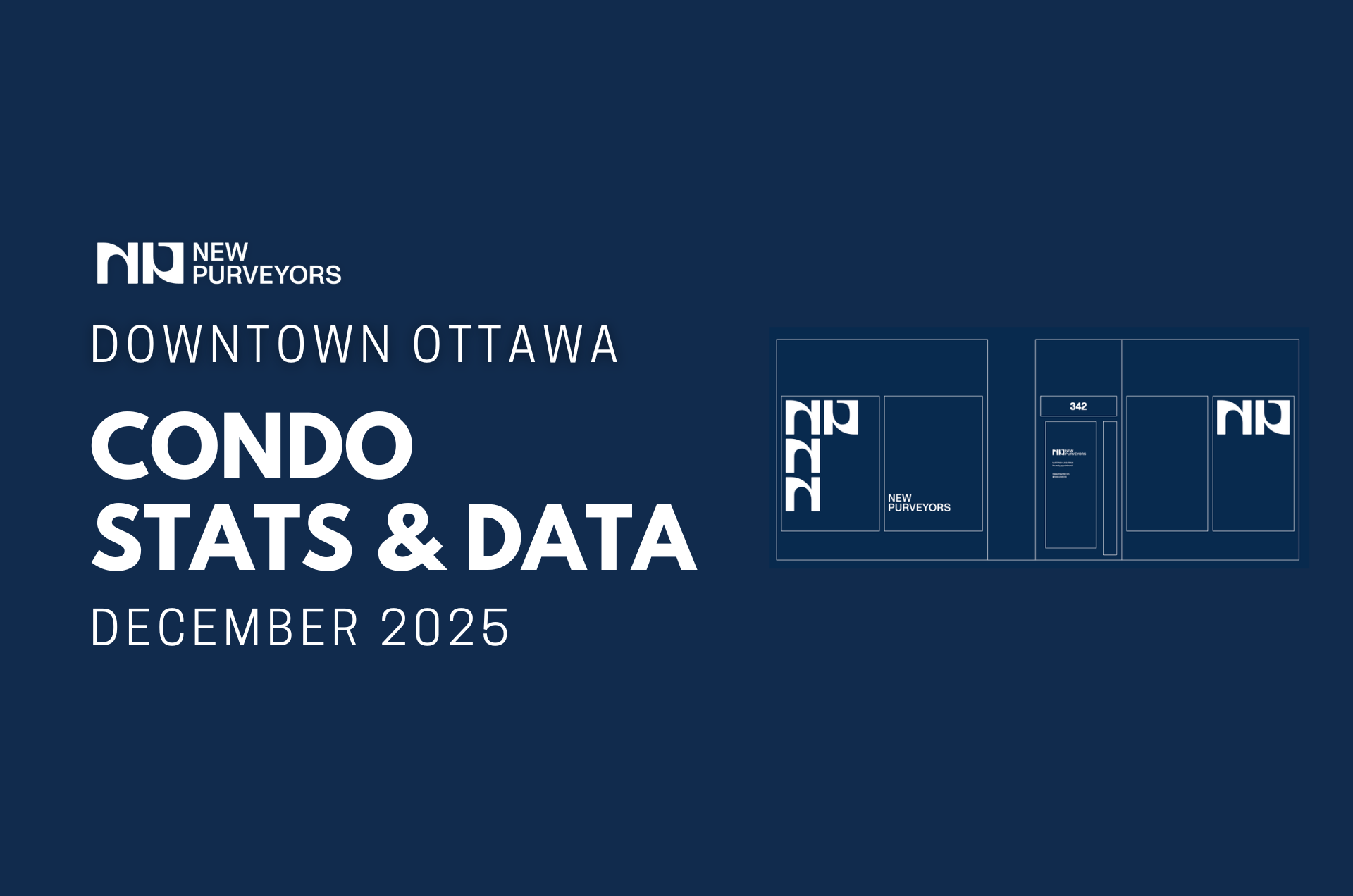
When you buy a condo in Ottawa, you’re not just purchasing four walls. You’re also buying into the building itself — its finances, its management, and its future. That’s where the status certificate comes in. This document is one of the most important parts of the buying process, and yet it’s often overlooked until the last minute. Here’s what you need to know.
What Is a Status Certificate?
A status certificate is a detailed package of information about the condo corporation. It provides transparency into the building’s financial health, legal issues, and rules. In Ontario, sellers are legally required to provide one to buyers upon request, usually within 10 days.
Why It Matters
Financial Health: The certificate includes the budget, reserve fund balance, and planned contributions. This tells you whether the building has enough money set aside for future repairs.
Legal Standing: It will disclose if the corporation is involved in lawsuits, which could affect fees or property value.
Rules and Restrictions: From pet policies to short-term rentals, the certificate outlines what you can and cannot do in your unit.
Monthly Fees: It confirms the amount you’ll pay each month, including any special assessments that may be pending.
Key Sections to Review
Reserve Fund Study: A long-term plan that shows how the building will pay for major repairs, such as roofs, elevators, and exterior cladding.
Budget and Expenses: A breakdown of how monthly condo fees are used.
Insurance Certificate: Ensures the building is properly insured for liability and replacement.
Declaration and By-Laws: The rules that govern everything from renovations to visitor parking.
Special Assessments: Extra fees charged to owners if there isn’t enough money in the reserve fund.
Common Red Flags
Low Reserve Fund: If the fund is underfunded, expect future fee increases or special assessments.
Pending Lawsuits: These can drag on for years and cost every owner money.
Unrealistic Budgets: If expenses are consistently higher than revenue, the shortfall eventually comes out of owners’ pockets.
Frequent Special Assessments: A sign that the building is not planning ahead properly.
How to Protect Yourself
Always Have It Reviewed: A real estate lawyer should go through the certificate with you before finalizing your purchase.
Ask Questions: If something doesn’t make sense, have your agent or lawyer clarify.
Plan for the Future: Even healthy buildings raise fees gradually over time. Build that into your budget.
Working With an Experienced Condo Agent
Condos are a world of their own in Ottawa real estate. Understanding status certificates is only part of the puzzle — you also want insight into neighbourhood trends, building reputations, and resale potential. That’s where working with a REALTOR® who specializes in condos makes a difference.
The Bottom Line
A status certificate is more than paperwork — it’s your window into the building’s past, present, and future. By reviewing it carefully, you protect yourself from surprises and make sure your condo is a smart investment.
If you’re thinking about buying a condo in Ottawa, reach out to Matt Richling. With years of experience focused exclusively on Ottawa’s condo market, he can guide you through every detail and help you find the right building for your lifestyle and budget.


































